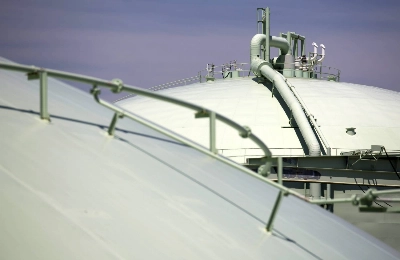A member of the U.N. volunteer team to monitor the referendum in East Timor next week called for a stronger international presence in the violence-ridden territory as the historic poll approaches.
At a report session Wednesday sponsored by a support group in Tokyo's Chiyoda Ward, Marilynn Kajioka, who returned from East Timor on Monday, expressed great anxiety over the security of the territory after next Monday's referendum, in which voters will choose either greater autonomy within Indonesia or independence.
"(Regardless of the result,) I am worried that a war might start after foreigners (monitoring the situation) pull out of the territory after the referendum," said Kajioka, 57.
















With your current subscription plan you can comment on stories. However, before writing your first comment, please create a display name in the Profile section of your subscriber account page.